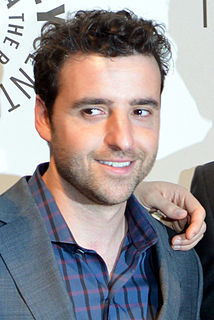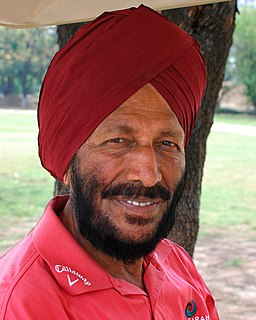A Quote by Lauren Mayberry
I discovered the idea of feminism when I watched the film '10 Things I Hate About You.' It's a classic.
Related Quotes
[10 Things I Hate About You] keeps popping up, and it's become a go-to film specifically for adolescent girls who are trying to find their voice, which is a really important thing, and the characters in the film, the two sisters played by Julia Stiles and Larisa Oleynik, they became archetypes for young teenage girls to look up to and emulate.
I think magazines like Glamour have the ability to have a great impact. Glamour has the ability to expose them to things like feminism that they may not be well acquainted with. In fact, Glamour has done that in the past - when I was in eighth grade I read an article in Glamour magazine about female feticide and infanticide that actually sparked my entire interest in feminism. I hate it when some feminists say we should get rid of beauty and fashion magazines - I think there's room in feminism for fashion, for fun, for talking about sex and friendships and relationships, etc.
Something I say a lot when it comes to anti-feminist stereotypes is that they exist for a reason. The stereotypes of feminists as ugly, or man-haters, or hairy, or whatever it is - that's really strategic. That's a really smart way to keep young women away from feminism, is to kind of put out this idea that all feminists hate men, or all feminists are ugly; and that they really come from a place of fear. If feminism wasn't powerful, if feminism wasn't influential, people wouldn't spend so much time putting it down.
I've never watched Trainspotting. I just know it's a very critically acclaimed film. In fact, I've never watched any of Danny's movies [means before he met him]. I just worked with him and felt the energy of what he is about initially before I do something. In a way, I think that's why we have discovered each other rather than replicate something else.


































